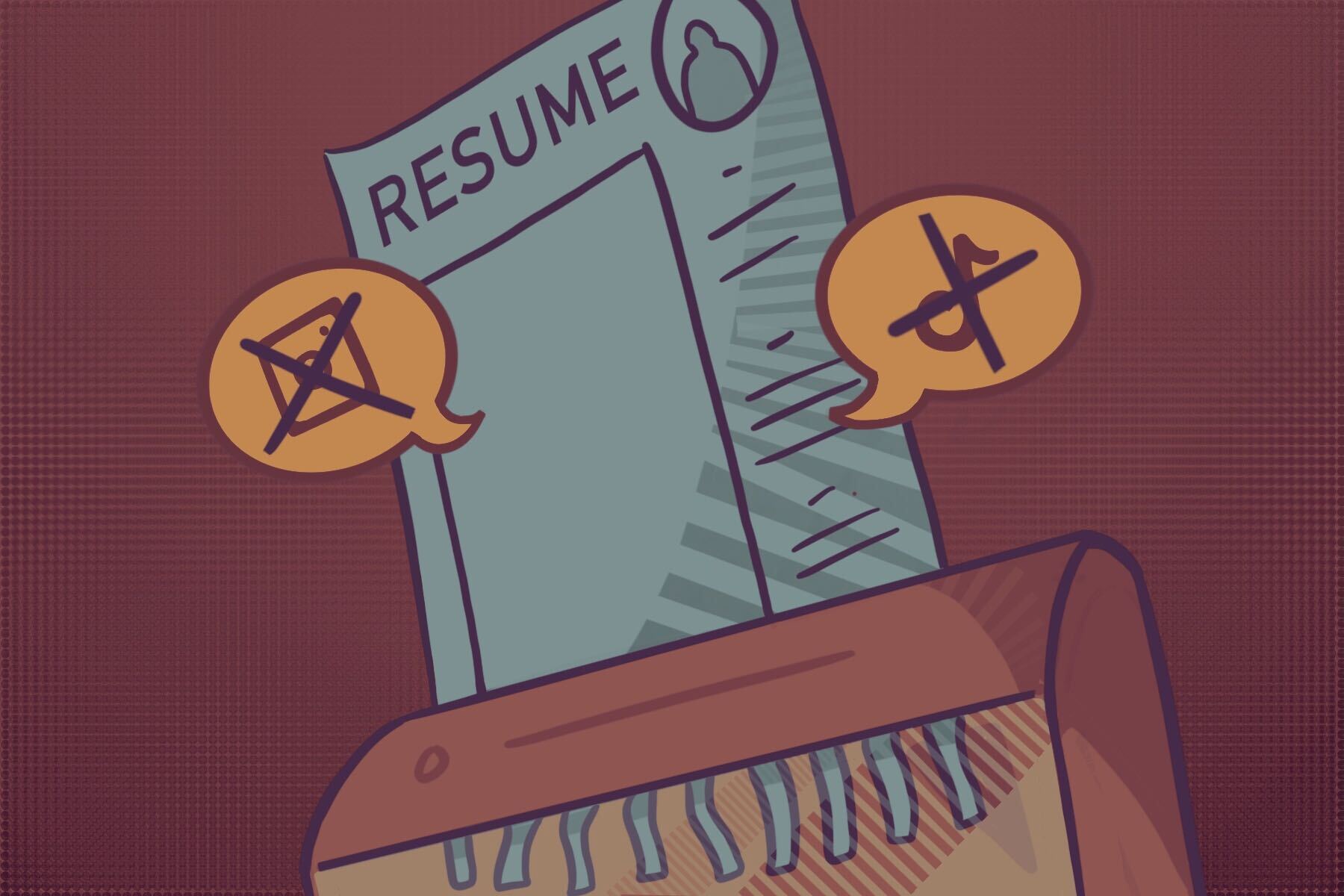I quit using Instagram when I was 16. In the years leading up to my departure, I visited the app several times a day and felt an insatiable desire for the sight of that orange banner. In fact, I was happy to keep extracting validation from my classmates as they double-tapped pictures of my face washed out in filters with high exposure.
The push to quit didn’t come until one day when I received a “like” and acutely felt it in my body; it was as if the digital white heart had a galvanizing effect on me. A digital/physical connection this intense didn’t seem right. I felt vain and frequently starved for attention, and I didn’t want to be so tethered to Instagram anymore. I decided to undergo a trial basis and see if I could do without it completely. I deleted the app.
It turned out to be very easy, with no withdrawal symptoms to speak of. I spent all of my junior and senior years of high school without Instagram. Then it carried over into community college and into university. I have been no regrets about the decision at all. I enjoy feeling like my life experiences are genuinely mine, rather than pictures to edit and manipulate for the sake of some “likes.” The few times I did return to it were to message potential roommates who insisted on the app as their go-to form of communication. I didn’t want to go back, but there was no other choice if I wanted to contact these people.
Of course, whenever I was there again, I couldn’t help indulging in the occasional scroll through the feed, but my reactions were the same every time I did so. I’d be greeted by a rush of vignettes from former classmates I had never really known. I’d feel a thin sense of “FOMO,” and then it would ebb. I was always glad to be uninvolved in the synthetic digital playground of good skin and dream vacations that is Instagram.
As I began racking up more years without Instagram, TikTok experienced a wild surge in popularity — in this case, I would have no interest in the app to begin with, so there was no need to detox from it. However, in the wake of this surge, I’d make an upsetting discovery.
In recent weeks while researching available internships and jobs, I noticed listings asking applicants to include links to their TikTok and Instagram profiles. I knew this would likely hinder me as a potential candidate, so I had to cross them off. It’s understandable that employers would ask for these, but there are other important things they do not consider when they use social media presence as a deciding factor in hiring.
As an English major, I have honed the skills most valued in the humanities: thinking critically, considering a variety of perspectives and asking and answering difficult questions. I believe these are ideal qualities for an employee in any profession, but today’s job market doesn’t seem to value them enough. Instead, they value presentation over substance. There simply isn’t time for anything else. Employers will even enact measures that shun authenticity in favor of marketability. They use bots that scan resumes for attention-grabbing buzzwords, making the application process much more about selling yourself than genuinely presenting your capabilities.
Applying for jobs has become an exercise in pandering to search engine optimization (SEO) rather than legitimate flexes of potential. This attitude extends to other aspects of the hiring process as well. Potential employers will ask for social media handles not only to perform background checks and examine digital footprints but to see what digital-related tasks people can carry out for them.
For me, it matters a little less to them if I have an eye for design or am able to think critically if I don’t have a significant digital footprint. The problem is that they are not accounting for all possible options. A variety of perspectives should be welcomed in all job fields. How else can innovation thrive if all possibilities are not considered?
In 2020, I applied for a remote research assistant job for a YouTube channel that created compelling videos about the intersections of history, fashion and media. Because it was online, there were at least a thousand applicants, and my chances of being picked were already slim. What probably hurt me even more, though, was my complete lack of a TikTok and my inactive Instagram. While typing in my Instagram handle when asked, I included an explanatory note that said I had not used it since 2016, so it was not up to date.
How could I prove that since 2016, I was mentally better off without it — more patient, more productive, more ambitious — and still be considered a worthy candidate for the job? I had hoped that my writing abilities would be my best asset, so I worked hard on my application essay. I did some research to bolster my talking points and toiled excessively over my word choice.
Perhaps I was naive in thinking that my best efforts as a writer could supersede my lack of social media. I’d like to think that employers could consider potential, growth and curiosity — qualities that make good people, not just good employees — but instead they reach for the shiniest-looking object within reach rather than the diamond in the rough.
In a 2019 The Cut article, advice columnist Heather Havrilesky responded to a question from someone who wanted to know if their off-the-grid social media presence could be considered a character flaw. This person explained that, for several reasons, the toxicity of social media made them anxious. It even reached the point where they felt pressured by a friend’s recommendation to at least make a LinkedIn profile if nothing else.
The recommendation was well-intentioned but showed no comprehension of this person’s comfort in regard to social media use, and others in this person’s social circle felt similarly confused by it. Polly (presumably Havrilesky’s pseudonym) praised this person for prioritizing their needs: “You’ve always seen yourself as a follower, but by knowing yourself well and treating yourself with care, you’ve slowly become a leader. Maybe it’s time to honor that. Maybe it’s time to celebrate it.” This last line carries a great message. What makes a great leader — or employee — is someone who knows herself: her boundaries, her limits and her needs.
I’d like to make it clear that I do not want to shame anyone who uses social media. If it makes people happy, uplifts them or gives them creative inspiration or community, then I am in no position to critique. I am simply asserting that people who don’t participate in social media — or people whose real-life presences do not align with their online ones — should not have to miss out on opportunities.
Also, a note to any and all potential employers of mine who may be reading this: please note that I’m a highly motivated, detail-oriented team player who has great communication skills. I’m exceptionally organized and am greatly experienced in standing and lifting up to 50 pounds if necessary. Hit me up — I’ll work hard for you!

















